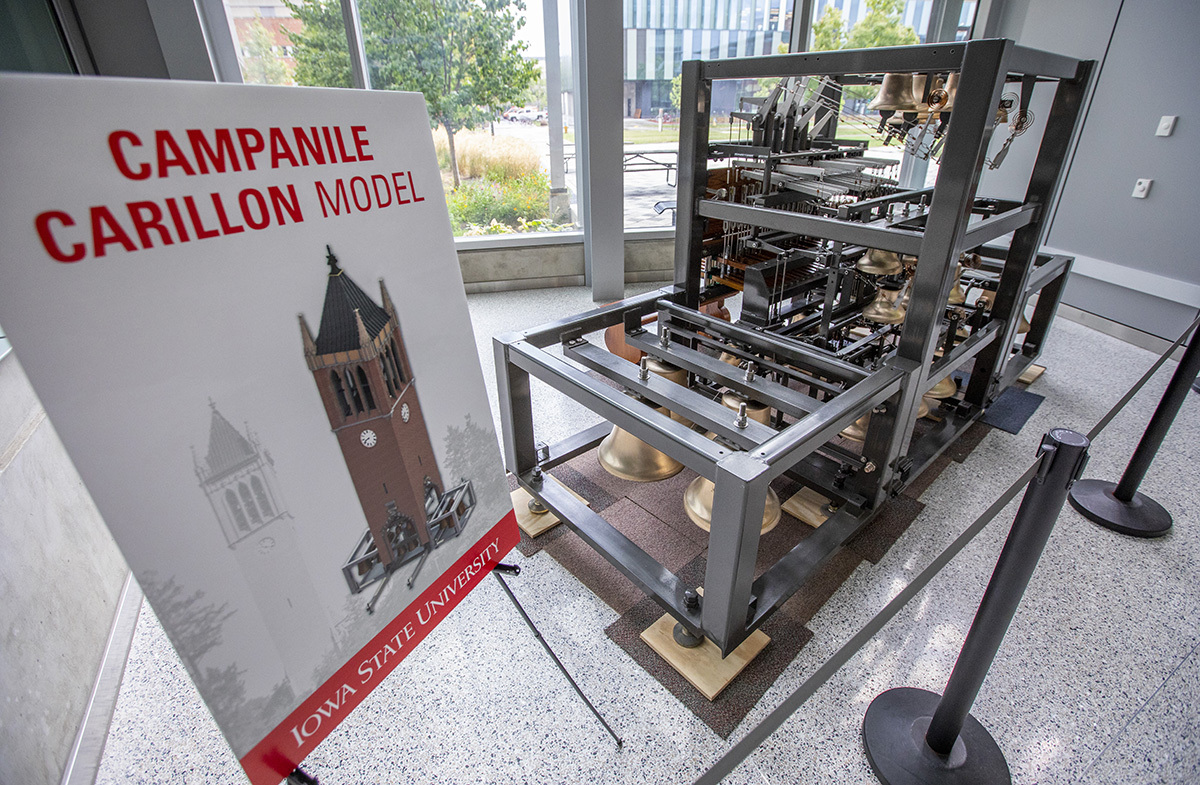Senior vice president and provost Jonathan Wickert spoke about President Donald Trump's executive order at the Faculty Senate's Oct. 13 meeting. The executive order deals with diversity, inclusion and equity training and takes effect on Nov. 21.
"We are committed to offering and promoting diversity training programs. That is a very important part of our culture and our commitment to the campus community," Wickert said. "We are not instructing anybody to cancel any type of training."
Wickert said any planned training that falls under the executive order would be reviewed and adjusted only if necessary.
The executive order does not prohibit faculty and staff from teaching on the topics as long as they are presented in an objective manner and without endorsement, Wickert said.
"There is more flexibility in instruction than a workforce training program," he said.
Term faculty
Senators will vote next month on a proposal to revise the Faculty Handbook to clarify term faculty ranks to ensure teaching faculty are treated fairly with multiyear contracts and notice of non-renewal. Lecturers are appointed for up to one year, but after three consecutive years they become a term assistant professor. Assistant professors are appointed from one to three years, and after completing three straight years the length adjusts to two to three years. Associate term faculty are hired for three to five years, while term professor contacts are from three to seven years.
Title IX
Adrienne Lyles, associate director of the office of equal opportunity, presented changes to Title IX regulations approved by the U.S. Department of Education. The changes were significant and narrow the scope of Title IX.
"The conduct that is no longer considered under Title IX can still be addressed under other Iowa State University policies, handbooks and codes of conduct," Lyles said.
Other business
Senators approved three changes to their bylaws to ensure compliance with the Faculty Senate constitution. The changes address eligibility to serve, representative rights and length of term.
The senate will take action next month on two other proposals:
- A master's in artificial intelligence offered by the computer science department. The 31-credit program will allow students to compete for national jobs in a variety of fields that are in high demand. No other state Board of Regents university offers this graduate program.
- With enrollment down 90% since 2002 and no new students admitted in the past three years, the Graduate College requested discontinuation of its biorenewable resources and technology interdisciplinary program.

